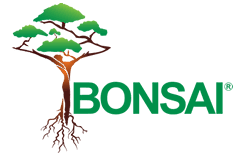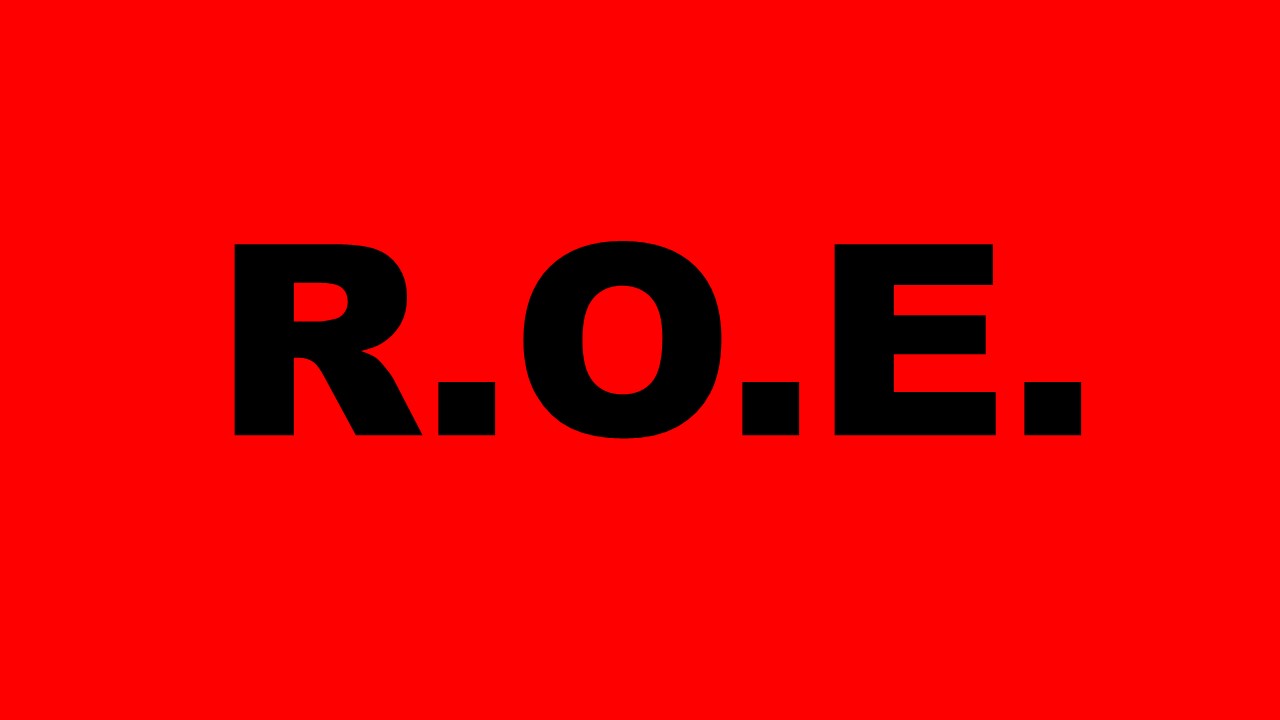Many business leaders are familiar with the term ROI, or return on investment. But have you ever considered return on energy? It’s not a tangible thing you measure in the same way as business expenses or even time spent on a project, but it’s important.
Bottom-line: How well you are assessing and managing your return on personal energy and team energy results in more joy and bearing more fruit. Thinking about ROE helps us be more intentional with our endeavors.
The Back Story
Friend and business owner Lesli Nelson, Pella Hosting and Website Solutions, shared with me her phrase for the year: “To what end?” This choice intrigued me. First, it had been a couple years since I had selected a personal word for the year – a practice I highly encourage if you infuse it with all you do. “To what end?” reflected well Lesli’s wit and intellect and caused me to think deeply about challenging myself and others with this question. My simple paraphrase is “What’s the point?” I’m not using the phrase in a dismissive way, but rather in a way that asks, “What are we hoping to gain from this conversation or action?”
In contemplating Lesli’s phrase, I identified a corollary which hit home for me and has resonated with clients: “What’s the return on energy (ROE)?” Lately we have added parental care to our set of responsibilities. This and all that goes with it has pushed my limits and resulted in the need to prioritize self-care and what we engage in. I realized that some conversations and activities were draining me and not yielding much return and thus this new assessment was born and has been tremendously helpful with setting boundaries and making decisions.
Energy has Different Forms
As I look at the various things I do, I realize they take different types of energy:
- Physical
- Mental
- Emotional
While they are related, they seem to deplete my energy in different proportions. For example, it may take an hour to deplete my physical energy shoveling snow, but a bad conversation can deplete my emotional energy in five minutes. And, when my emotional energy is depleted, I find the other two also suffer.
Likewise, an increase in emotional energy (from a positive or uplifting conversation) can increase my physical and mental energy. Some of it is situational — a good workout can boost mental energy, but it can sometimes leave you wanting a nap too.
The Return Should be Proactively Assessed
There’s a limit to everyone’s energy capacity, and we really need to be proactively assessing the ROE as we engage in various activities. Doing so will help us not be completely drained by nighttime. Even when a day is tiring, there’s comfort in knowing we engaged in the most fruitful activities and focused on things of high importance because we assessed the ROE in advance.
What I am discovering is how often we engage in conversations or think about things for which there is no return. Before having those conversations or thoughts, I am now asking myself if there will be:
- A change in behavior?
- A new action?
- An improvement of some kind?
- A meaningful awareness?
- An improved relationship?
- Additional joy or peace experienced?
- A result of some kind?
- A Kingdom outcome?
All of this takes us back to Lesli’s phrase, “To what end?” If you don’t know the end, you can’t assess a return or the ROE.
Let the Pruning Begin
Once I started assessing ROE, it became fairly easy to eliminate certain thought patterns, conversations, interactions, and activities. Do I still engage in some activities knowing they might deplete a lot of energy? Yes, if they have a high ROE. The difference is two-fold:
- The decision to engage is now intentional and I can proactively set boundaries.
- I schedule that energy-depleting activity when I know I will have reserves, or at the end of my day when it won’t matter as much if I am depleted.
With this approach, there’s a greater return for my efforts and I am in a much better place (emotionally, physically, and mentally) to take on true challenges as they present themselves.
Your challenge: Over the next few days, start assessing the ROE for these three things:
- One-on-one conversations
- Thought time
- Meetings
You might notice, like I did, that at least a couple of things you’re doing each day have no potential return. Once you’ve identified what those are, start making adjustments so you can focus more time on the activities with higher ROE.
In our next blog, we’ll walk you through some tips for how to make those adjustments.





 Britta burrus design.
Britta burrus design.